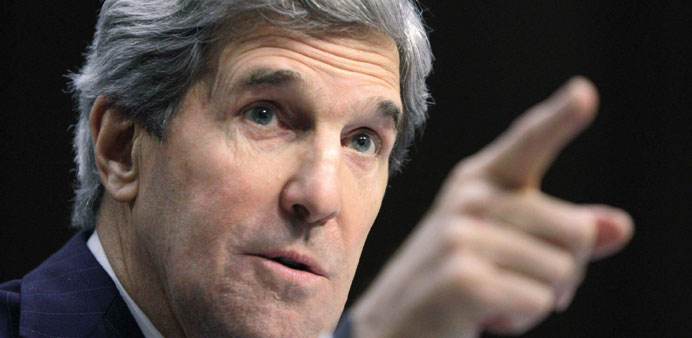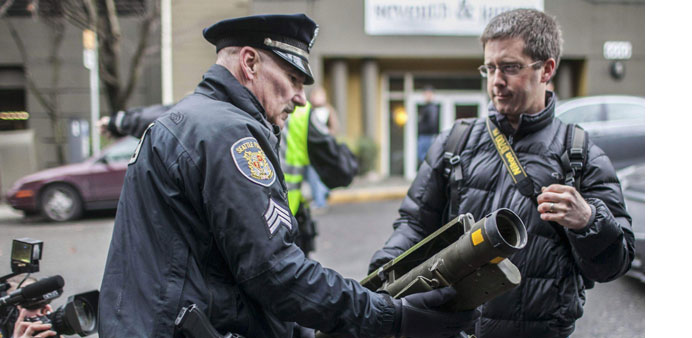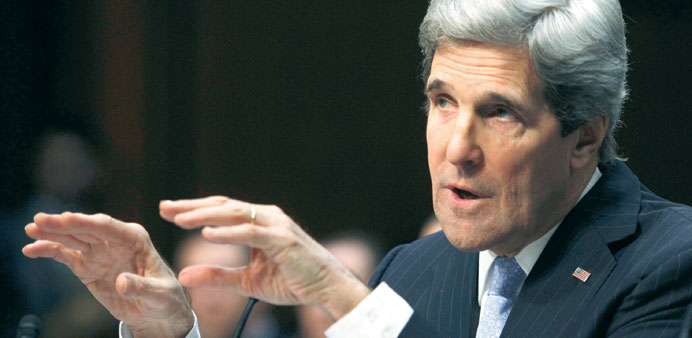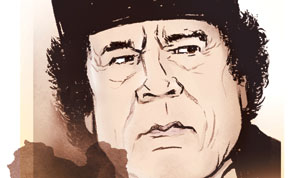Reuters/Washington Senator John Kerry won the unanimous support of the chamber’s Foreign Relations Committee yesterday to replace Hillary Clinton as President Barack Obama’s new secretary of state. The full Senate was expected to confirm Kerry later yesterday, setting in motion a special election for his Massachusetts Senate seat. The five-term senator and losing presidential candidate in 2004 has broad support from fellow Democrats as well as Republicans in the Senate. He is expected to be sworn in as the top US diplomat later this week. In a signal of the strong support for Kerry, committee members signed a resolution praising Kerry’s work in the Senate before their unanimous voice vote to support his confirmation. “It is a lengthy recitation of an incredible career here in the Senate, some tremendous accomplishments on behalf of the nation and a recognition of how you are going to be an incredible secretary of state,” said Senator Robert Menendez, of New Jersey, who will replace Kerry as committee chairman. A smiling Kerry came into the room shortly after the vote, to enthusiastic applause from the committee. Moved by their support, he said, “I’m honoured beyond words,” before making brief remarks about the importance of the committee going forward on issues like Middle East peace. Kerry, who became a US senator 28 years ago, told the committee he would make a final speech on the Senate floor today. “What a privilege to work with you and now to work with you in a different way. I thank you very, very much,” Kerry said. Transportation chief to step down US Secretary of Transportation Ray LaHood said yesterday he planned to resign, marking the latest departure from President Barack Obama’s Cabinet. “I have let President Obama know that I will not serve a second term as secretary of the US Department of Transportation,” LaHood said. LaHood, a Republican and former Illinois congressman, brought a bipartisan element to the Democratic president’s team. LaHood said he would stay on until his successor is confirmed by the Senate. Obama has been under pressure to bring more women and minorities into his Cabinet.
Sunday, February 08, 2026
|
Daily Newspaper published by GPPC Doha, Qatar.







